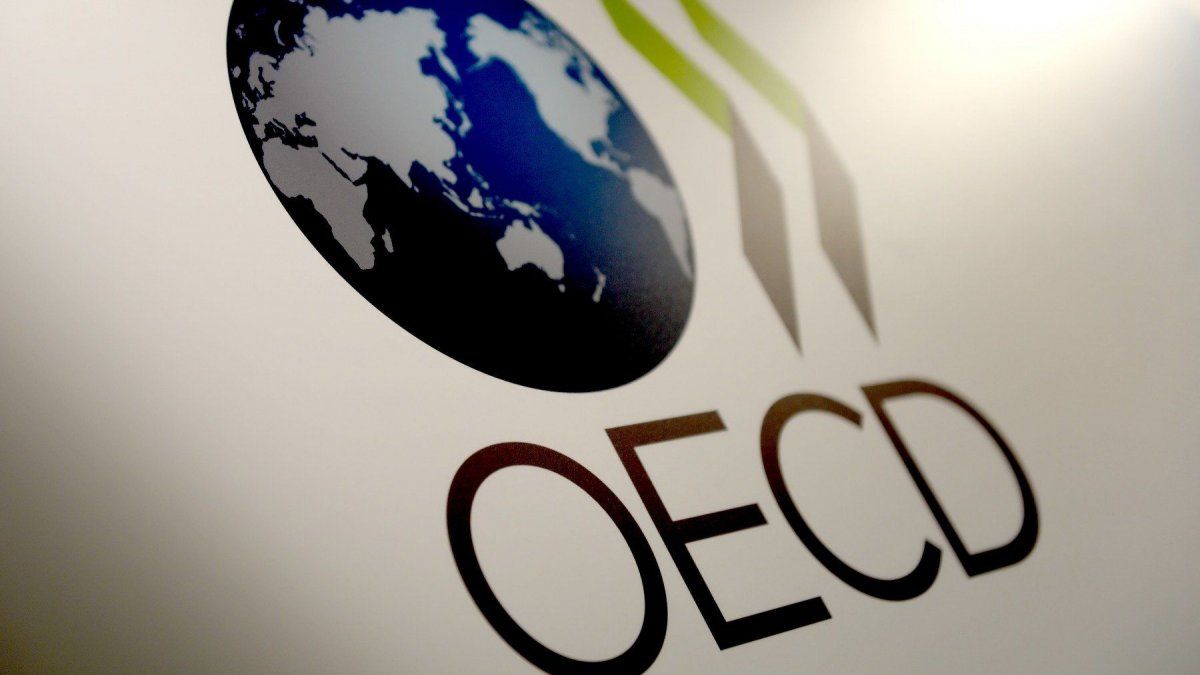She was chief investigator in the Cum-Ex tax scandal – until she quit. Now Anne Brorhilker wants to fight against the banking lobby as part of the citizens’ movement Finanzwende. A lot of taxpayers’ money is at stake.
After moving to the citizens’ movement Finanzwende, former Cum-Ex chief investigator Anne Brorhilker is once again declaring war on financial crime. Her new role at the non-governmental organization means a changed strategy, she explained. “I know the perpetrators and how they work. I now want to use this knowledge to prevent criminal transactions before they can even happen.”
As the new managing director of Finanzwende, Brorhilker wants to use public pressure on politicians to fight for the repayment of stolen tax money. She is no longer bound by political restraint, she said in a press conference. Financial crime is too often seen as a trivial offense in Germany. “But it’s about billions that we are all missing and that we finally have to get back.”
Tough fight against tax crime
The former Cologne senior public prosecutor was considered the most important investigator in the Cum-Ex tax scandal, in which banks defrauded the German state of an estimated ten billion euros using illegal share deals. Under Brorhilker’s leadership, around 120 Cum-Ex cases involving 1,700 suspects were investigated in Cologne. In April, Brorhilker unexpectedly asked to be released from public service – coupled with sharp criticism of what she saw as the inadequate handling of the tax scandal.
In cum-ex deals, shares with and without dividend entitlement were passed back and forth between the parties around the dividend record date. In the end, tax offices refunded unpaid capital gains taxes. The legal loophole was not closed until 2012. In 2021, the Federal Court of Justice ruled that cum-ex transactions should be considered tax evasion. Some perpetrators have since been convicted, including cum-ex architect Hanno Berger.
Serious allegations against financial authorities and banking lobby
At Finanzwende, Brorhilker is committed, among other things, to the prosecution of cum-cum transactions, which are related to cum-ex deals. Although the tax damage from cum-cum is estimated at 28.5 billion euros, much greater than that from cum-ex, the tax authorities have so far only recovered a fraction of that. Since a ruling by the Federal Finance Court in 2015, “it is unquestionably clear that the transactions are not in order from a tax perspective,” said Brorhilker. Almost ten years later, hardly anything has happened.
A grievance from Brorhilker’s point of view: A letter from the Federal Ministry of Finance in 2016 complicated the clear facts to such an extent that it protected the banks from repaying the profits from the illegal transactions. The document was only corrected in 2021. Finanzwende wants to know how this could have happened. So far, no satisfactory response has been received to inquiries to the tax authorities. The association has therefore filed a lawsuit for the release of documents.
Brorhilker sees the financial sector as a powerful opponent. It is a “large, very well-connected sector” that has a great interest in preventing effective controls and prosecutions of cum transactions. Apparently, it is getting away with it. The “blockade attitude” of the authorities concerned is a key factor in this, criticised Brorhilker. One has the impression “that the finance ministries are closer to the financial lobby than to the citizens”.
Source: Stern




